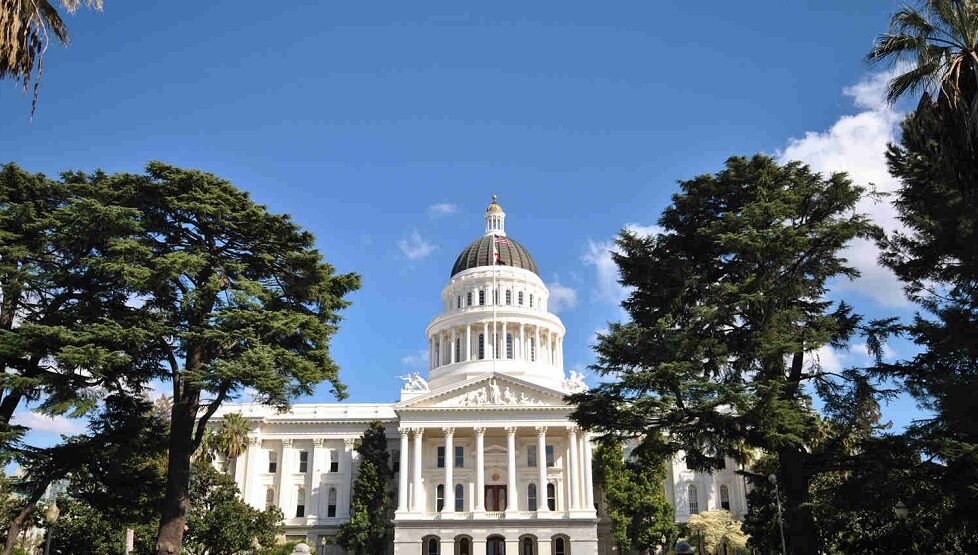California Governor Signs Climate Disclosure Bills, but Pushes Back on Timeline and Cost

California Governor Gavin Newsom signed two new landmark climate-related disclosure bills on Saturday, which will require large companies to disclose their value chain emissions and report on climate-related financial risks, but has signaled that the bills’ timelines will be pushed out and cost impacts on businesses addressed before the new laws are implemented.
Both bills, SB 253, the “Climate Corporate Data Accountability Act” and SB 261, “Greenhouse gases: climate-related financial risk,” passed in the California Assembly in September. Newsom announced a week later that he intended to sign the bills into law, but that some “modest cleanup on some little language” would be required.
SB 253 requires companies with revenues greater than $1 billion that do business in California to report annually on their emissions from all scopes, including direct emissions (Scope 1), emissions from purchase and use of electricity (Scope 2), and indirect emissions, including those associated with supply chains, business travel, employee commuting, procurement, waste, and water usage (Scope 3).
As passed in the Assembly, SB 253’s disclosure obligations would begin in 2026 for Scope 1 and 2 emissions, and in 2027 for Scope 3 emissions, with measurement and reporting to be performed according to the Greenhouse Gas Protocol standards. The law would also require companies to obtain third party assurance for their emissions reporting, starting with a limited assurance level beginning in 2026 for Scope 1 and 2 emissions, and at a more stringent reasonable assurance level in 2030, and at a limited assurance level for Scope 3 in 2030.
In a statement released by Newsom announcing the signing of the bill, the governor warned that SB 253’s implementation deadlines “are likely infeasible,” and also expressed concern that the new rules’ reporting protocol “could result in inconsistent reporting across businesses.” Newsom said that his administration would work with the authors of the bill to address these issues.
Newsom added that he was “concerned about the overall financial impact of this bill on businesses,” and instructed the California Air Resources Board (CARB), the agency directed by the bill to develop and adopt the reporting regulations, to “monitor the cost impact as it implements this new bill and to make recommendations to streamline the program.”
Newsom’s statement follows recent comments by the U.S. Securities and Exchange Commission (SEC) Chair Gary Gensler in his testimony to the House Financial Services Committee that the Commission, which has released plans for their own climate-related disclosure rules for public companies, has received comments from companies and investors concerned about the requirements to report on Scope 3 emissions, particularly on the impact on smaller businesses that would be required to track and report on their emissions, even if not technically covered by the rules, as well as on the early stage of development and current unreliability of Scope 3 reporting.
SB 261 applies to U.S. companies that do business in California and with revenues greater that $500 million to prepare a report disclosing their climate-related financial risk, in accordance with the TCFD framework, as well as measures to reduce and adapt to that risk. Prior to approval in the Assembly, the bill was amended to move the date of first disclosures to 2026 from 2024, and to require reporting every two years instead of annually.
In his statement on signing SB 261, however, Newsom warned that the implementation deadline would not provide CARB “with sufficient time to adequately carry out the requirements” of the bill. Newsom also again warned about the cost impact of the bill on businesses, and directed CARB to monitor the costs and make streamlining recommendations for this law as well.